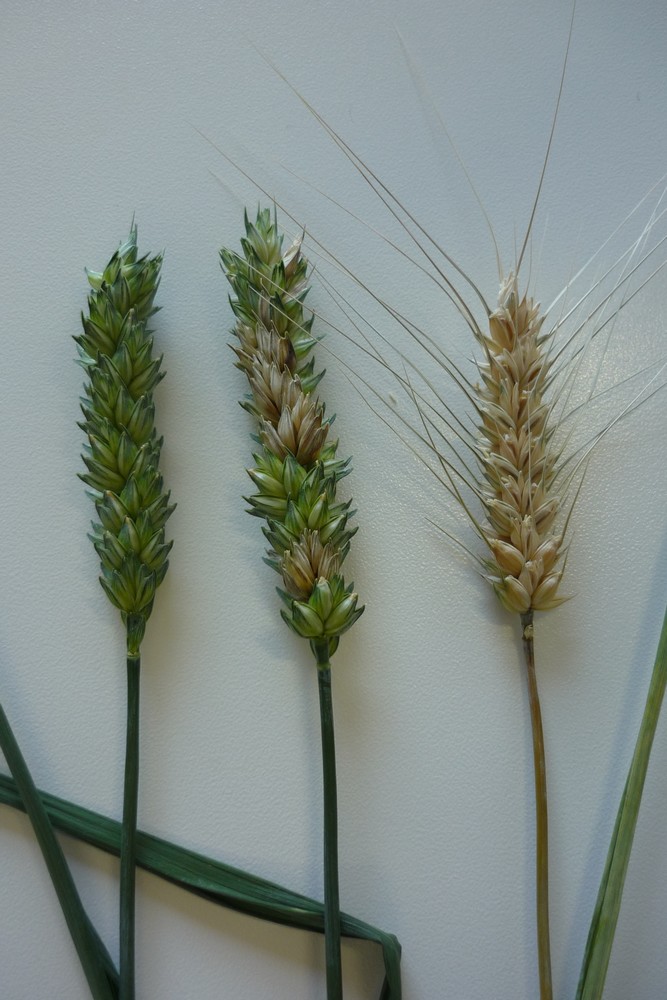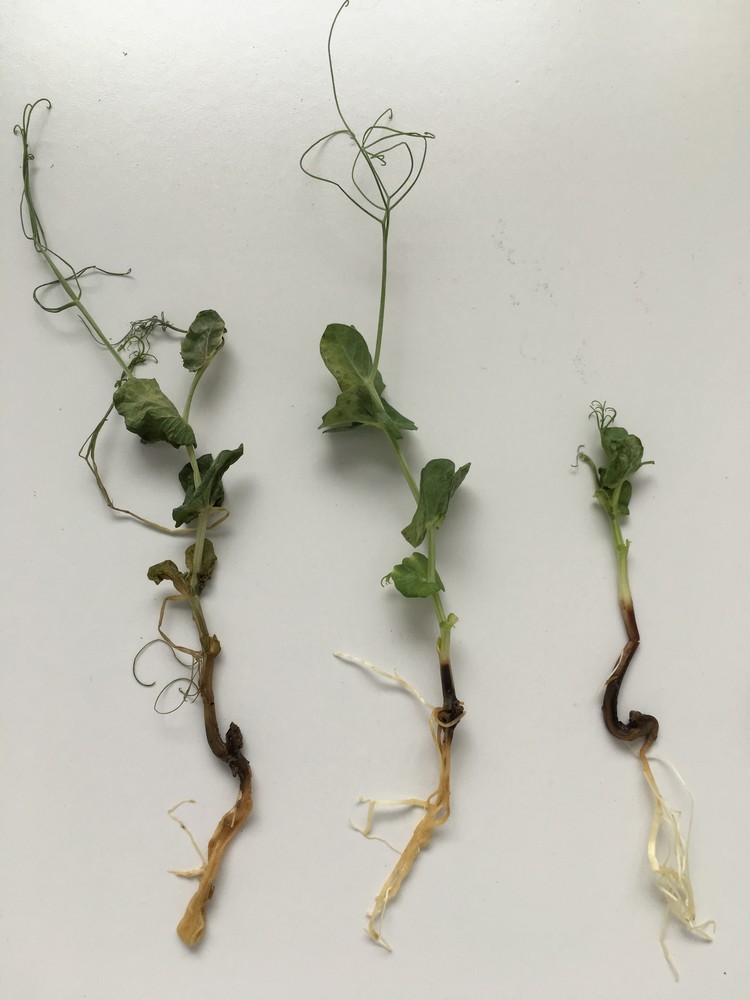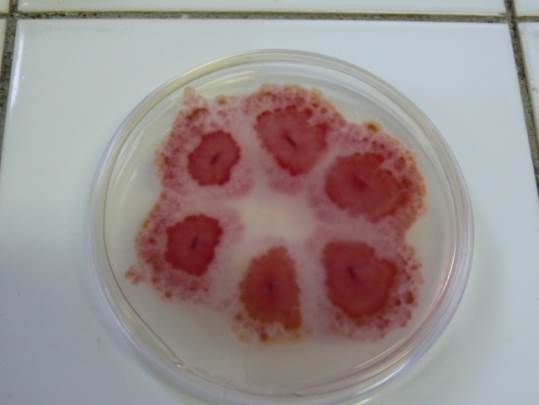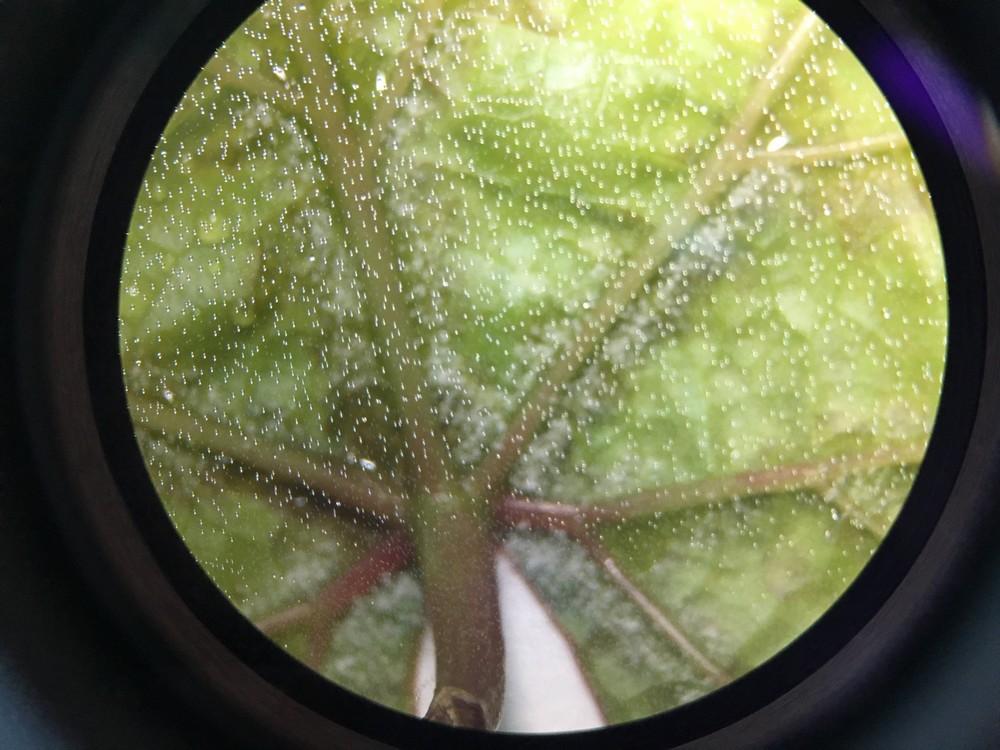Plant disease
Diagnostic
Plant disease diagnostic services
AGRENE integrates a whole range of methods from visual to microscopic observations, microbial isolation, and immunological and molecular analyses to accurately diagnose plant disease.
AGRENE has permanent access to growth chambers and greenhouses to verify Koch’s postulats which that micro-organism isolated from a diseased plan will cause the same disease when we introduced into a healthy host plant.


Soil diagnosis
When diagnosis has to be performed directly from the soil, AGRENE is fully equipped to do this with running laboratory methods to detect and quantify the presence of pathogenic agents in soils.
AGRENE is one of few laboratories in existence with expertise and technical ability to assess both soil inoculum potential and level of receptivity of soil to pathogenic (Pythium, Phytophthora, Rhizoctonia, Fusarium, Aphanomyces) or beneficial microorganisms (Bacillus, Pseudomonas, Trichoderma, Beauveria) .
Identification of plant pathogens
Traditionally morphological have been employed in conventional approaches for identification of microorganisms. Today, it is increasingly important to integrate morphological, biochemical and molecular analyses for accurate determination of fungi and bacteria at the genera and species levels.
AGRENE is specialized in the use of molecular tools for the taxonomic position of microorganisms at the species and/or genera levels.
One of the main domains of expertise is the development of molecular diagnosis which meet the specific needs of the profession.
We have molecular tools and expertise to:
– detect and quantify pathogens involved in the grapevine trunk diseases ((P. chlamydospora, P. aleophilum, D. seriata, N. parvum).
– detect Beet necrotic yellow vein virus (Rhizomania of sugar beet) and its virus vector (Polymyxa betae)
– detect and identify fungal/bacterial species involved in fruit diseases


